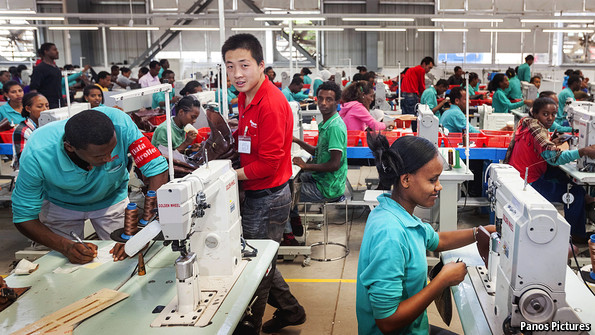Our new center, the China Africa Research Initiative (CARI) at Johns Hopkins University School of Advanced International Studies (SAIS), has been awarded a Carnegie Corporation grant to build CARI's capacity to bridge scholarship and policy. We are seeking a full-time research manager, who will take a leading role in organizing the center's work and programs. We are looking for someone with a master's degree (or equivalent experience), excellent organizational skills, and familiarity with communications, including social media and website management. Field research experience and Chinese language skills would be a plus. Deadline for applications is January 31, 2015 with a mid-February start date (negotiable). This is a 2 year, fixed-term position, although there is some possibility of renewal, depending on funding.
For detailed information on the post and how to apply please see the Johns Hopkins University HR website, requisition number 64680:
http://jobs.jhu.edu/




